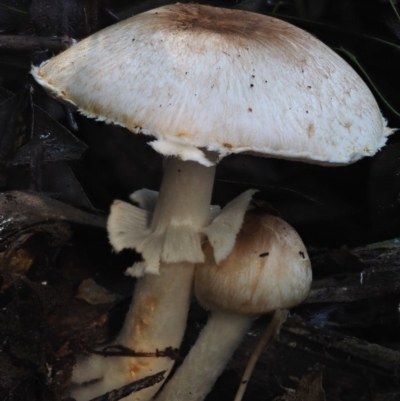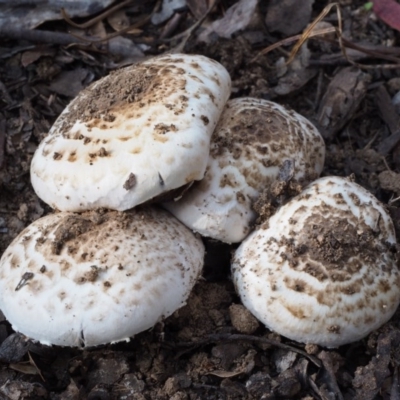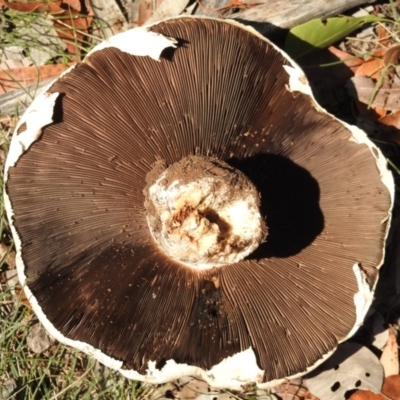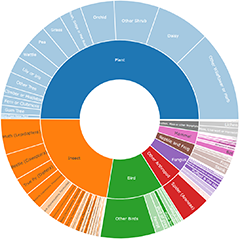QPRC LGA species
Overview
Queanbeyan-Palerang Regional Council (QPRC) is located in the south east and tablelands region. The council has an area of 5,319 square kilometres and lies between the eastern boundary of the ACT and the coastal escarpment on both sides of the Great Dividing Range.
More information: QPRC Homepage or Visit the QPRC region
Moderators
The following moderators provide knowledge and expertise for QPRC LGA:
158 species
- Area (hectares) 532.1K ha
- Survey Effort Score (SES) 0.22 sightings per ha
Follow QPRC LGA
Receive alerts of new sightings
SubscribeConservation level
- All conservation levels (change?)
Invasiveness
- Non-Invasive (change?)
Fungi
- Caps on stems; gills below caps [mushrooms or mushroom-like]
- Caps on stems; pores below caps [boletes & stemmed polypores]
- Caps on stems; teeth below caps
- Caps on stems; none of the above
- Caps, gills below, no stem & usually on wood [stemless mushrooms & the like]
- Shelf-like to hoof-like & usually on wood
- Puffballs & the like
- Stinkhorns: with a smelly, brownish spore slime
- Clubs or stalks (maybe a forked or broader apex)
- Coralloid fungi, markedly branched
- Disk-like to cup-like
- Convoluted to brain-like [Brain jelly & look-alikes]
- Fungal galls, other rusts, leaf spots, etc
- Other fungi on wood
- Truffles
- Other fungi
- Uncategorised Fungi
Share location
Share link to QPRC LGA field guide
































































